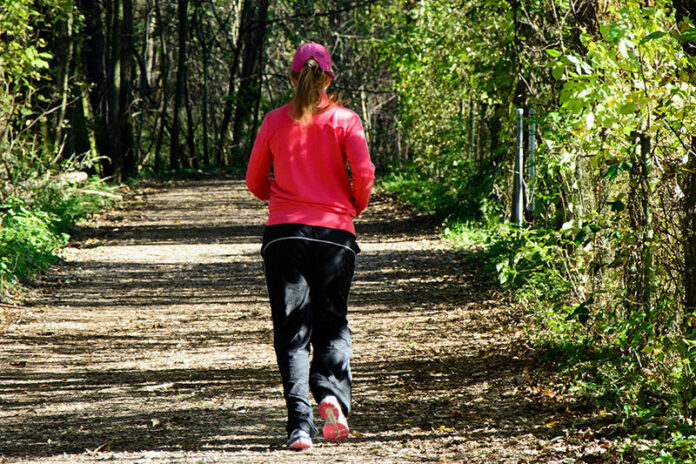With the recent shelter-in place orders from county and state officials, and the rise in cases of COVID-19 throughout the state, regular everyday life has changed substantially and that can be challenging and stressful for many people.
With that in mind, The Windsor Times spoke with Cathleen Stafford, a licensed marriage and family therapist out of Healdsburg who specializes in individual, couples and family therapy and parent coaching.
We asked Stafford several questions about how people can manage stress and anxiety and maintain their mental health during this time.
The Windsor Times (Times): What are some ways people can manage the stress and anxiety that this crisis may bring?
Cathleen Stafford (Stafford): “I would encourage people to start with first trying to do something that maintains their sense of normalcy with their routine, I would say getting outside to exercise is still something that we should definitely do.”
For trying to maintain your routine, Stafford suggested getting up in the morning at your usual work time, keeping your regular grooming routine and eating breakfast.
“Trying to keep some sense of our routine in place I think will help us feel some sense of normalcy,” she said.
If working at home is new and uncharted territory for you, Stafford suggests, “Creating a space at home and an area that you can call your home office for now rather than just plopping down on your couch or something so you feel like you have a designated work space.”
Times: How can people not feel too overwhelmed by all of the news notifications, articles and media that comes up about the virus?
Stafford: “I’ve personally tried to practice this where I limit myself to a news hour in the evening or in the morning to kind of get caught up but not be consumed by it all day.”
Times: What advice would you have for people who already have pre-existing anxiety, panic or stress issues?
Stafford: “For people who struggle with anxiety or panic, try to recognize what those triggers are, recognizing that trigger (for anxiety or panic attacks) would be essential at this time. If having your phone dinging by you is causing some triggering panic then definitely put it on silent, or allow yourself to look at it maybe once every few hours if you know that looking at your phone is going to cause that stress.”
Times: How can we work on not feeling lonely or isolated?
Stafford: “We are very fortunate that we live in this time where we have the ability to FaceTime with loved ones and friends and Skype or Zoom in and have visual contact with friends and family and loved ones even though we are socially distancing ourselves from others. We can take advantage of calling someone on the phone and FaceTiming them and not necessarily feel alone, even though we may be physically alone.”
Times: What are some ways parents can help kids who may be feeling scared or anxious?
Stafford: “First off, I would talk openly and honestly with your children because kids are so much more in tune than we give them credit for and they notice change and if anything, kids are the most sensitive to changes in the schedule. This is a complete shift in their routine, not only are they home from school, but they are also seeing their caregiver or mom and dad home from work. Talk with your kids openly about what is going on and why we are doing this and we can explain it to them in a way that makes sense to them so that they don’t feel scared and confused. I want our kids to hear it from us directly rather than learning about it from a friend or the TV.”
“This will also be a great opportunity to do a lot of education online. Not only can you Google anything you want and learn about it on YouTube, but there are so many apps on devices now that help our kids to be entertained and learn about things that are informational … There are all sorts of ways we can educate our kids while we are not in the classroom.”
“I would also keep up their routine as much as possible, keeping the same wake up time and bedtime, using the hours during the day that they would be in school to have some of that focus time, class time and recess where they can go outside and play, or go out and take a walk or walk the dog. It is important to get fresh air.”
Times: What are some things you can do to self-soothe during this uncertain and unprecedented time?
Stafford: “I think it is important at this time when people are over stressed and have anxiety to make sure that we do not forget self care. I like to think about taking the time that we would normally be commuting to work to do something for yourself.”
Stafford suggested reading a good book, exercising outside or calling a loved one.
“Exercising is a great way to reduce anxiety or stress. There are ways we can exercise without going to the gym … going for a walk or a run, even on TV — there are so many on-demand programs, or you can do yoga or pilates online.”
In addition to this information, the Centers for Disease and Control website has various mental health resources and information for parents, individuals, responders and for those who have been released from quarantine. To view these resources, visit: cdc.gov/coronavirus/2019-ncov/prepare/managing-stress-anxiety.html








